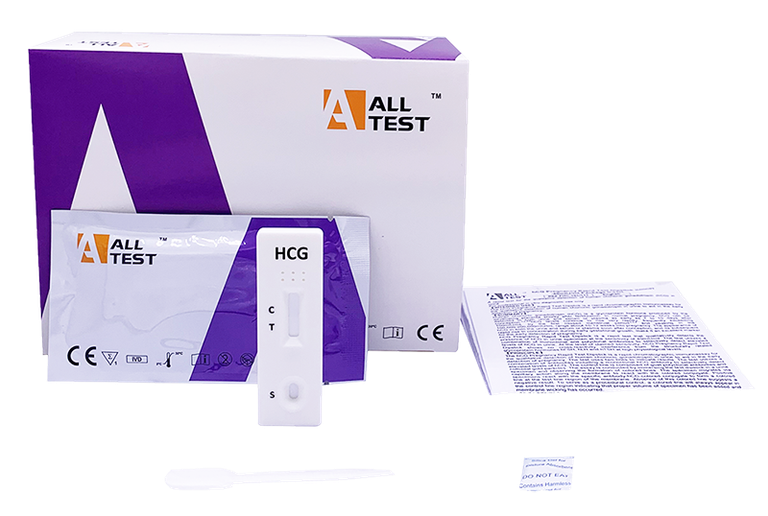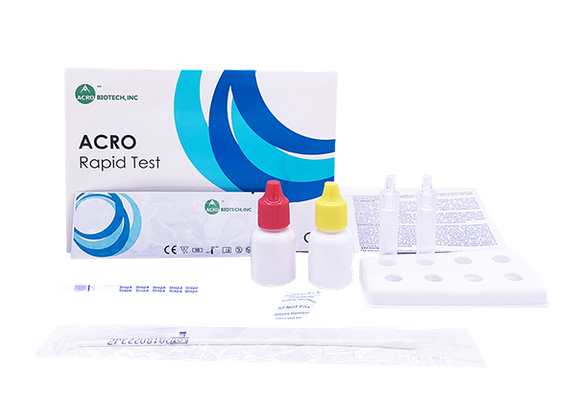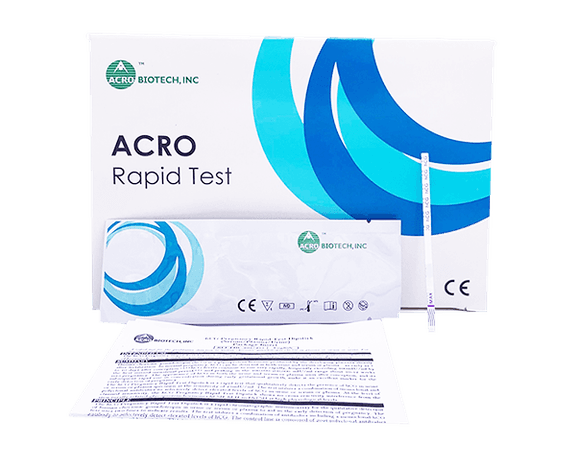Antimicrobial resistance has accelerated during COVID-19
In the past decade, antimicrobial resistance (AMR) has been pointed out as an emerging global health threat. Now there are concerns that COVID-19 may have accelerated AMR due to increased use of antibiotics, although there is no scientific evidence that antibiotics would benefit in the treatment of COVID-19. Also, the increased number of hospital stays and invasive procedures in intensive care units (ICU) increased the risk for secondary bacterial infections that may require antibiotic therapy1. In ICU, ventilator associated pneumonia is a relatively common secondary infection, but patients also have urinary tract and bloodstream infections.
Antibiotics are commonly used in COVID-19 without confirmed secondary bacterial infection
At the beginning of the pandemic, antibiotics were widely used and prescribed especially for hospitalized COVID-19 patients often without an appropriate diagnosis of bacterial co-infection. As an example, in a multi-hospital cohort study in the USA, 57% of the 1705 patients received early empiric antibiotic treatment, of which only 3.5% had bacterial infection2. Another example from the USA is a study with almost 5000 participants demonstrating that during the first six months of the pandemic, 52% of the hospitalized COVID-19 patients had at least one antibiotic prescription and 36% multiple antibiotics. Up to 96% of these prescriptions were given empirically, without confirmation about the bacterial infection3. A review study evaluating the number of secondary infections in COVID-19 reported that secondary bacterial or fungal infections were in approximately 8% of the patients, but the antibiotics were prescribed for 72% of the patients4. In China, even up to 99% of the patients have received antibiotics without a diagnosed bacterial co-infection5.
CRP could aid in decreasing unnecessary antibiotic prescribing in COVID-19
Antimicrobial stewardship activities have slowly integrated into clinical guidelines that have started to recommend avoidance of antibiotics for mild and moderate COVID-19 unless there is clinical suspicion of secondary bacterial infection6,7. C-reactive protein (CRP) has been reported as a potential tool to guide antibiotic prescribing in secondary bacterial infections11. In COVID-19 patients, C-reactive protein levels are commonly slightly elevated between 20-50 mg/l8-10, whereas in hospitalized patients with secondary bacterial infection, CRP is significantly higher. A German study with 99 participants reported that patients admitted to the hospital, who develop a bacterial infection, had significantly higher CRP mean on admission (130 mg/l) and during hospital stay (mean highest CRP value 293 mg/l) compared to patients who did not have secondary infection 73 and 94 mg/l, respectively11. CRP had a sensitivity of 81% and a specificity of 76% for the detection of secondary bacterial infection, and the negative predictive value was 90% in patients with CRP < 172 mg/l. Therefore, CRP could be useful especially in ruling out bacterial coinfection and in decreasing unnecessary antibiotic prescribing.
References
- Cong W, Poudel AN, Alhusein N et al. Antimicrobial Use in COVID-19 Patients in the First Phase of the SARS-CoV-2 Pandemic: A Scoping Review. Antibiotics 2021; 10(6): 745.
- Vaughn VM, Gandhi TN, Petty LA et al. Empiric Antibacterial Therapy and Community-onset Bacterial Coinfection in Patients Hospitalized With Coronavirus Disease 2019 (COVID-19): A Multi-hospital Cohort Study. Clinical infectious diseases : an official publication of the Infectious Diseases Society of America 2021; 72(10): e533-e541.
- The PEW Charitable Trust. Could Efforts to Fight the Coronavirus Lead to Overuse of Antibiotics?, 2021.
- Rawson TM, Moore LSP, Zhu N et al. Bacterial and Fungal Coinfection in Individuals With Coronavirus: A Rapid Review To Support COVID-19 Antimicrobial Prescribing. Clinical infectious diseases : an official publication of the Infectious Diseases Society of America 2020; 71(9): 2459-2468.
- Cao J, Tu W-J, Cheng W et al. Clinical Features and Short-term Outcomes of 102 Patients with Coronavirus Disease 2019 in Wuhan, China. Clinical infectious diseases : an official publication of the Infectious Diseases Society of America 2020; 71(15): 748-755.
- National Institute for Health and Care Excellence (NICE). COVID-19 Rapid Guideline: Managing COVID-19: March 2021.
- World Health Organization. COVID-19 Clinical management - Living guidance, 2021.
- Chen N, Zhou M, Dong X et al. Epidemiological and clinical characteristics of 99 cases of 2019 novel coronavirus pneumonia in Wuhan, China: a descriptive study. The Lancet 2020; 395(10223): 507-513.
- Gao Y, Li T, Han M et al. Diagnostic utility of clinical laboratory data determinations for patients with the severe COVID-19. J Med Virol 2020; 92(7): 791-796.
- Mo P, Xing Y, Xiao Y et al. Clinical characteristics of refractory COVID-19 pneumonia in Wuhan, China. Clin Infect Dis 2020.
- Pink I, Raupach D, Fuge J et al. C-reactive protein and procalcitonin for antimicrobial stewardship in COVID-19. Infection 2021.


